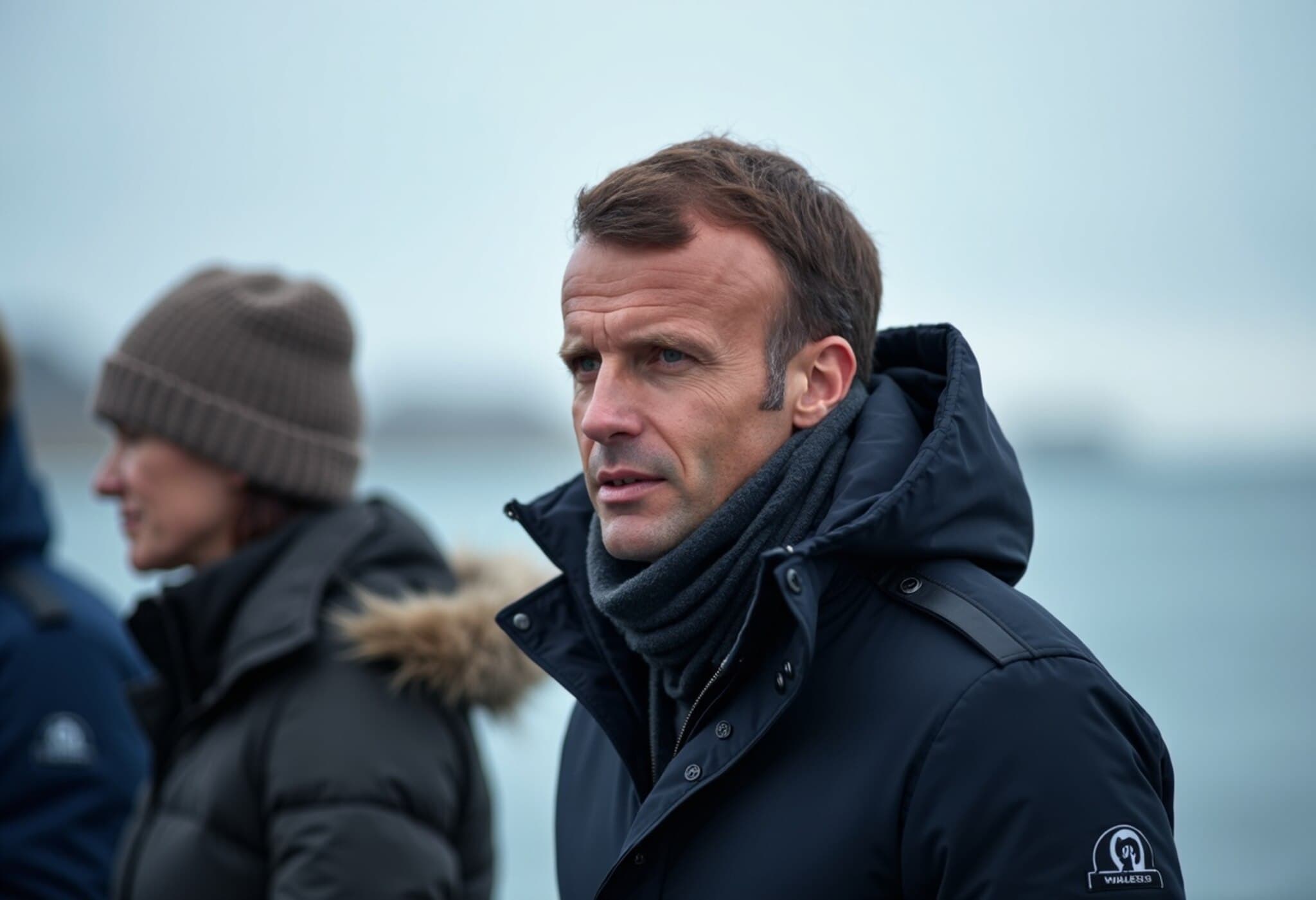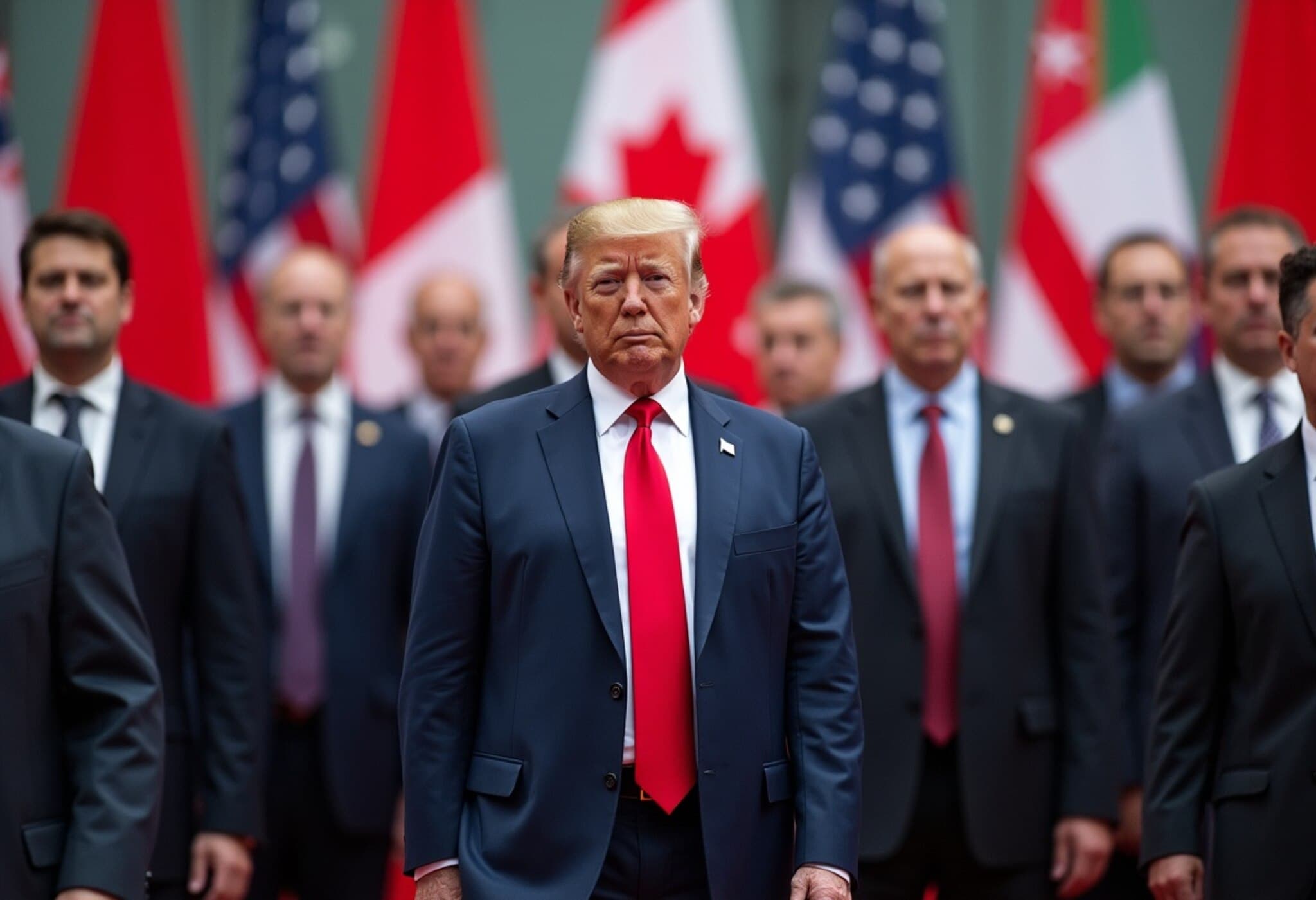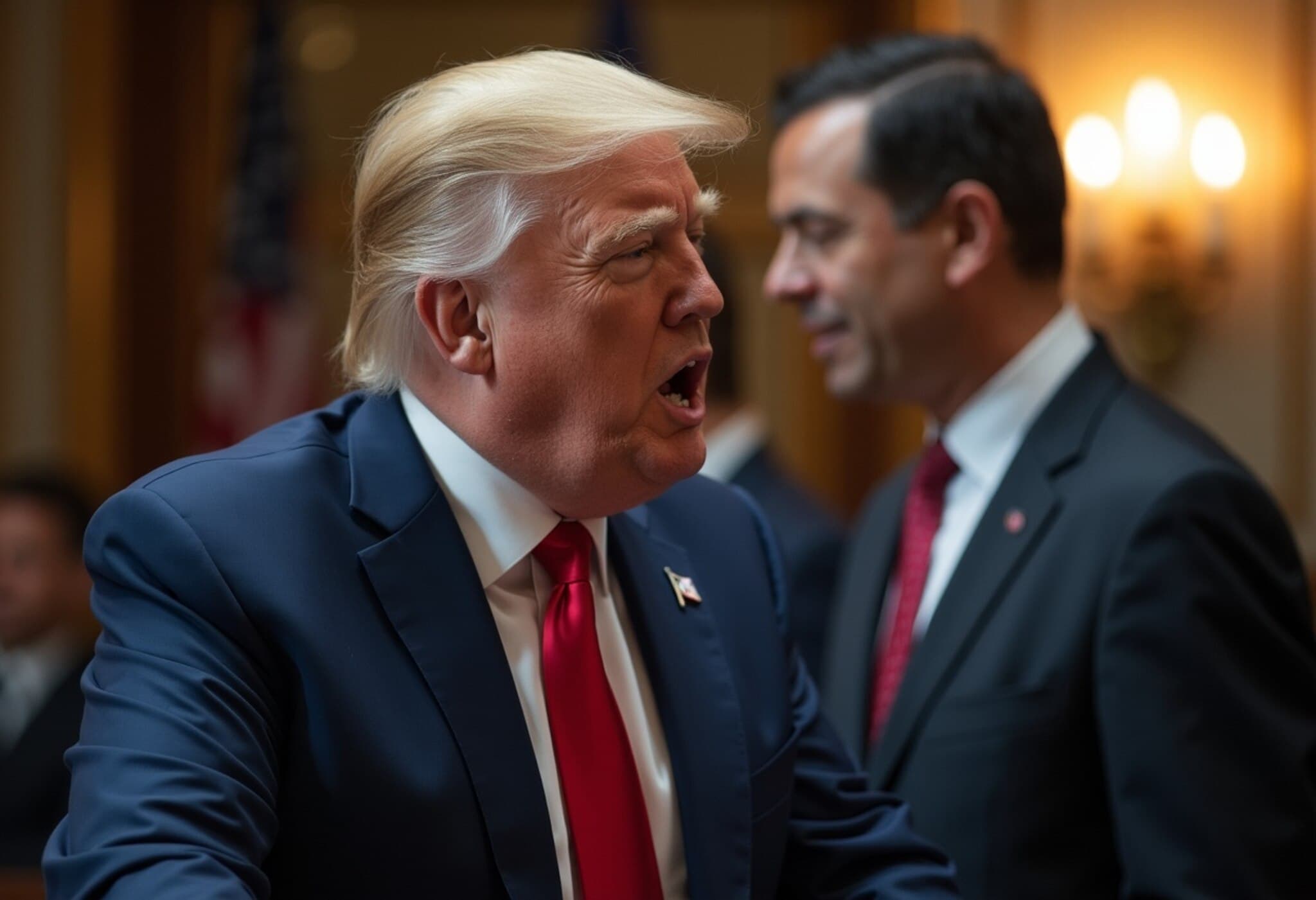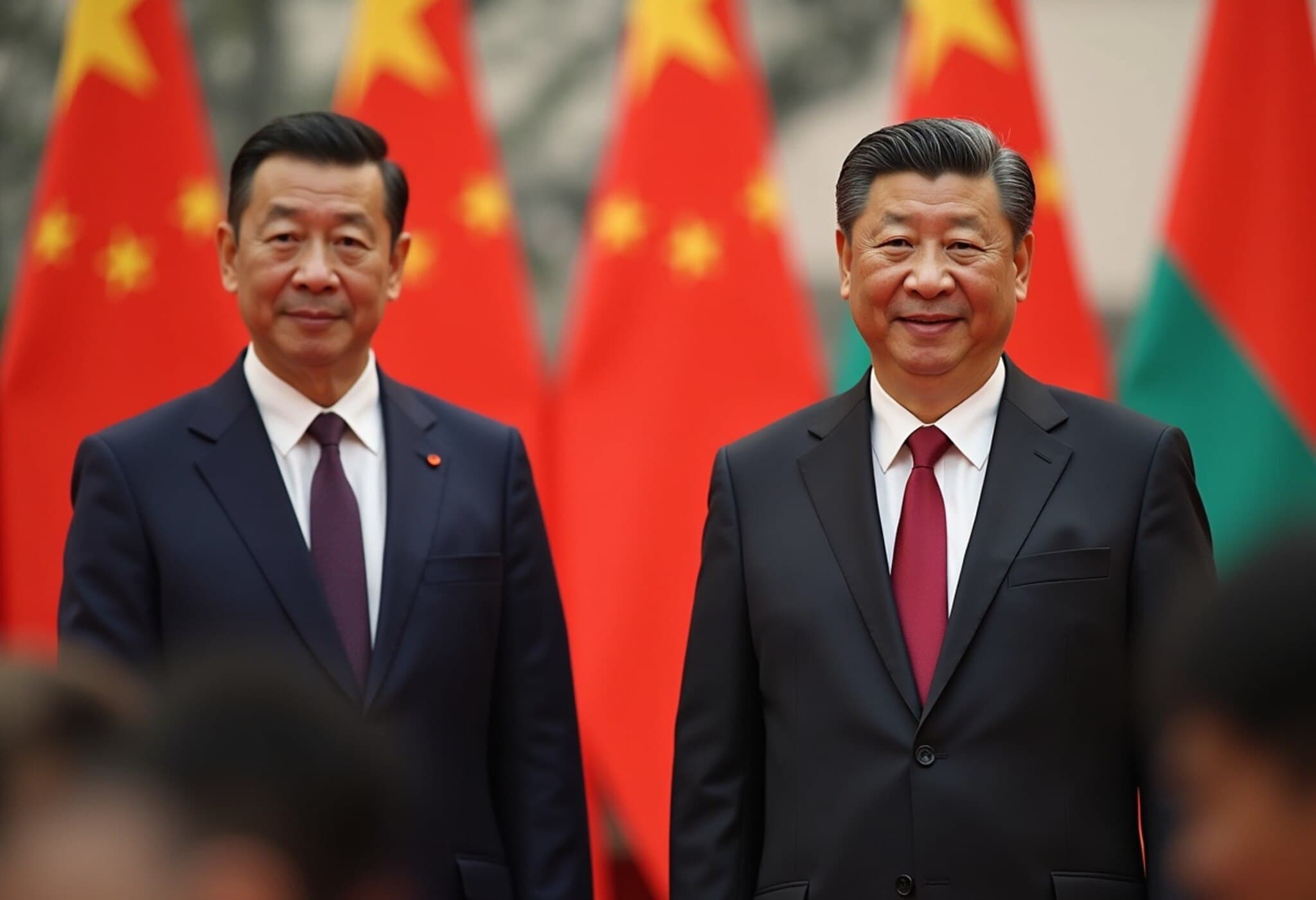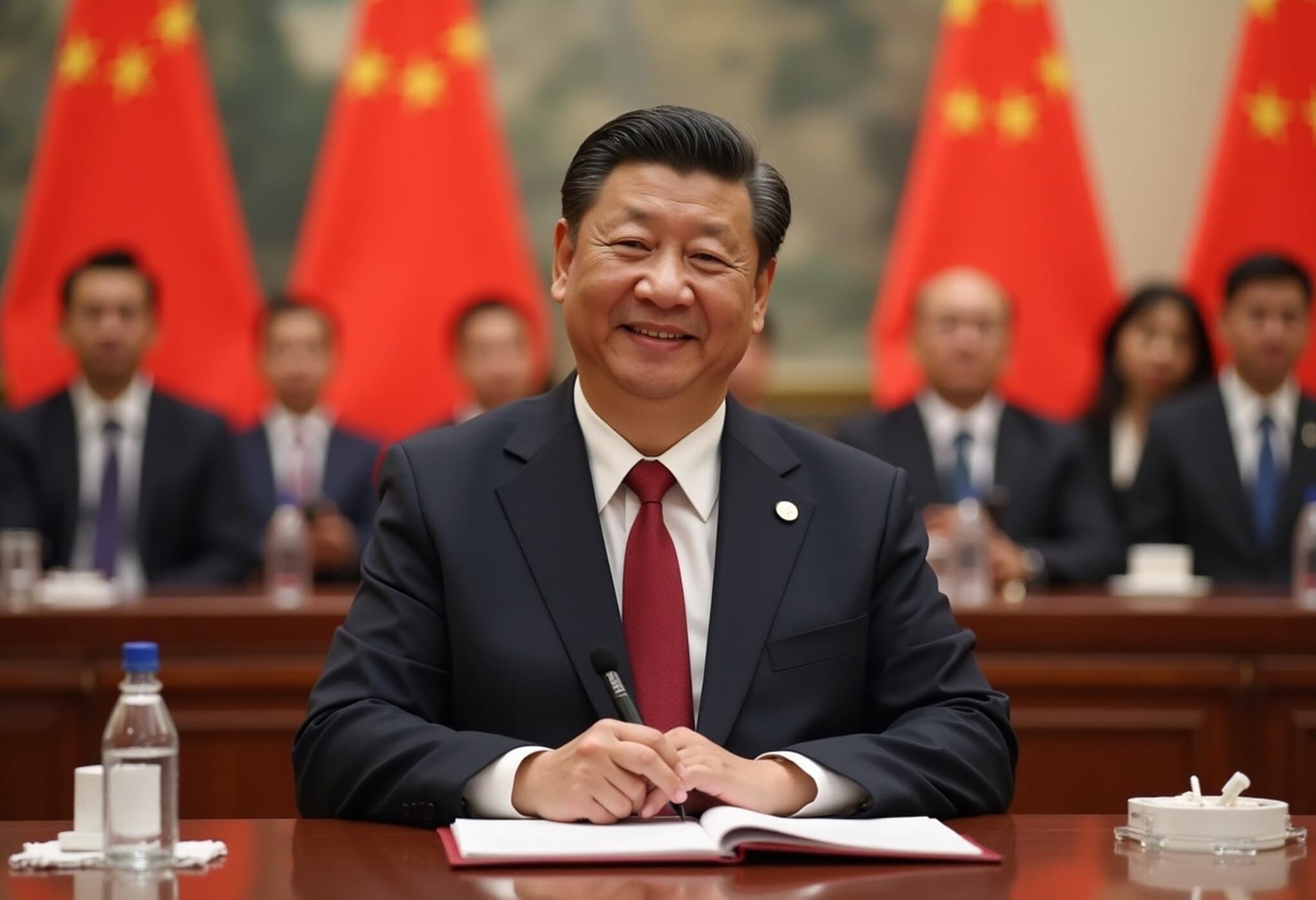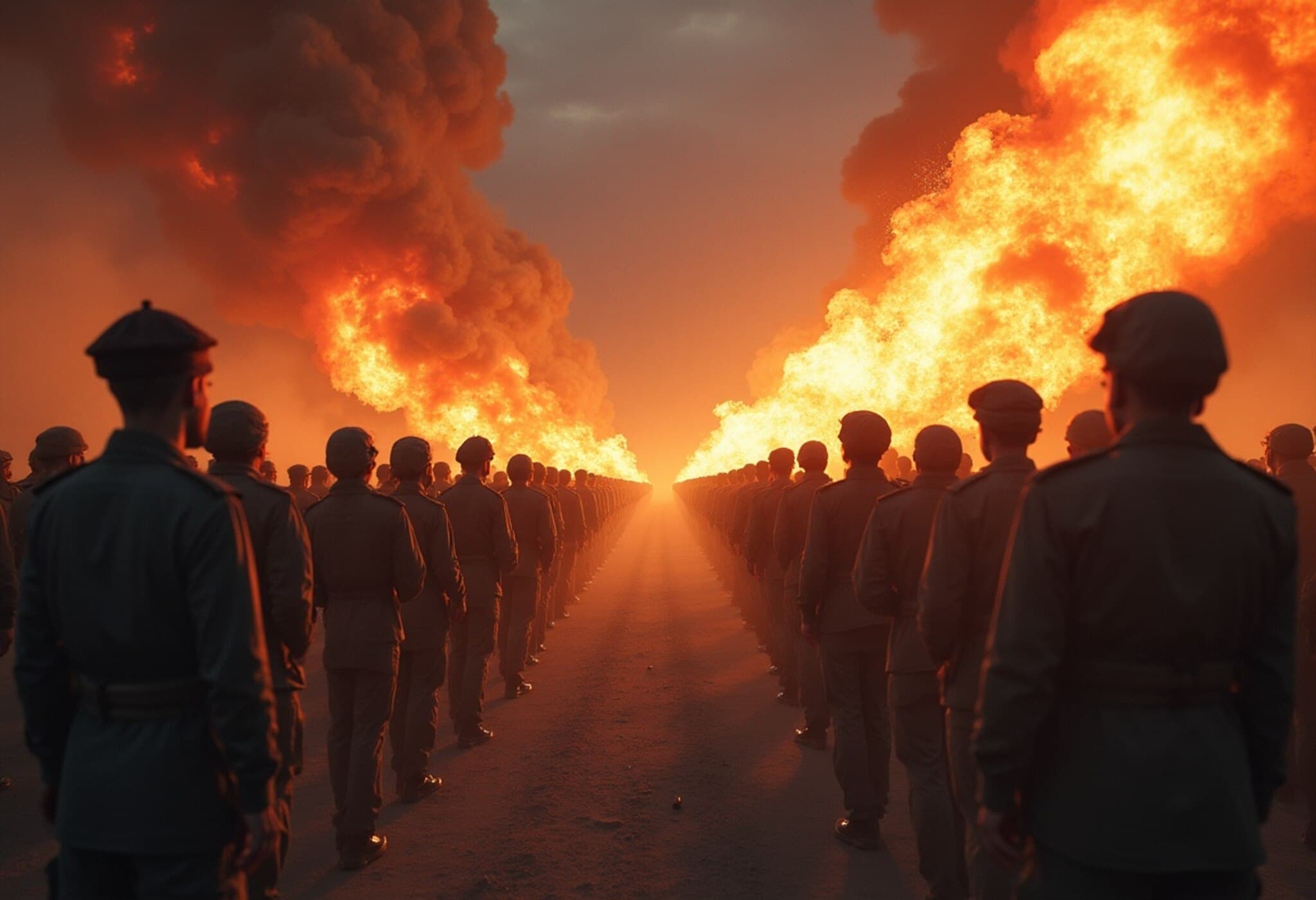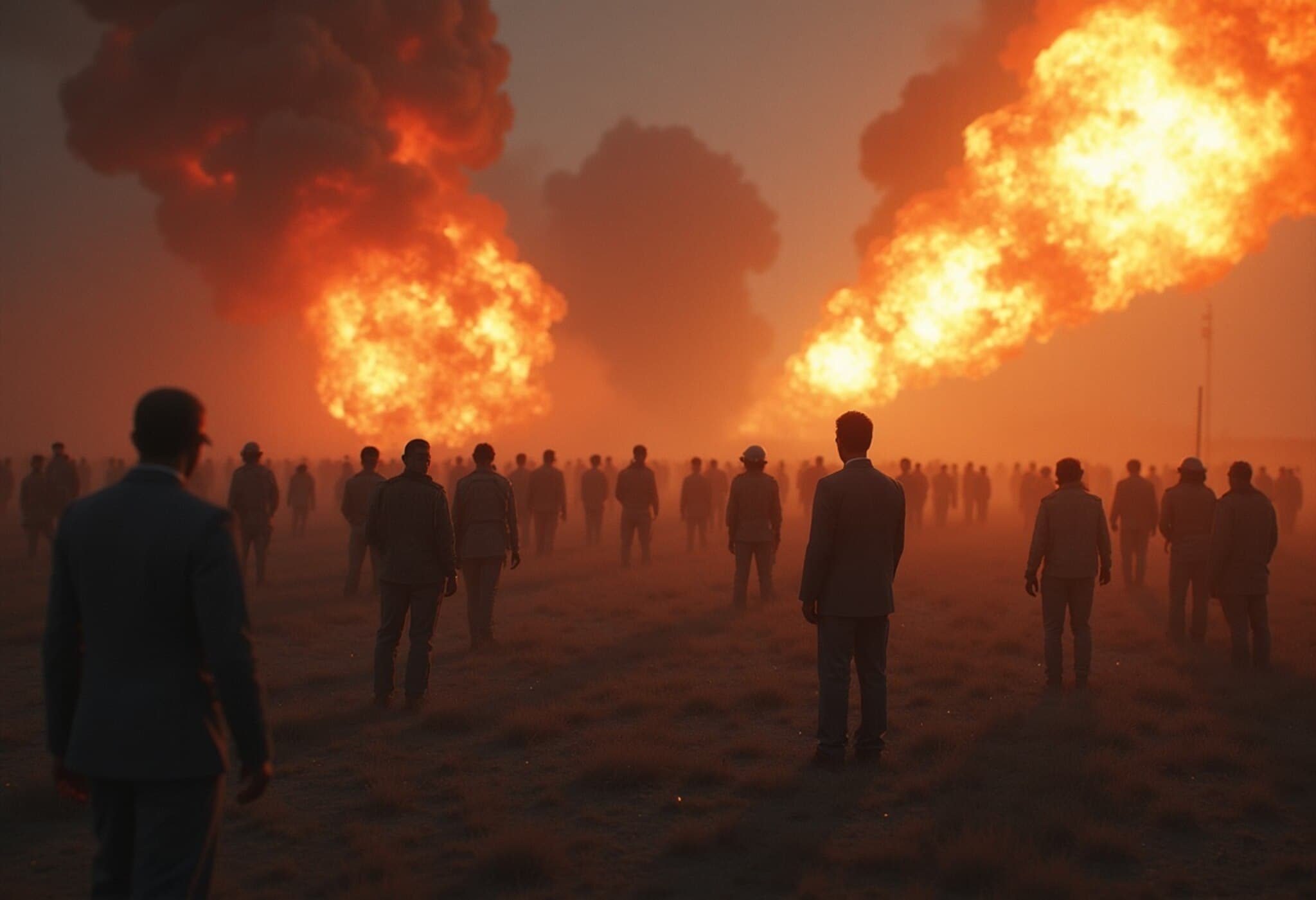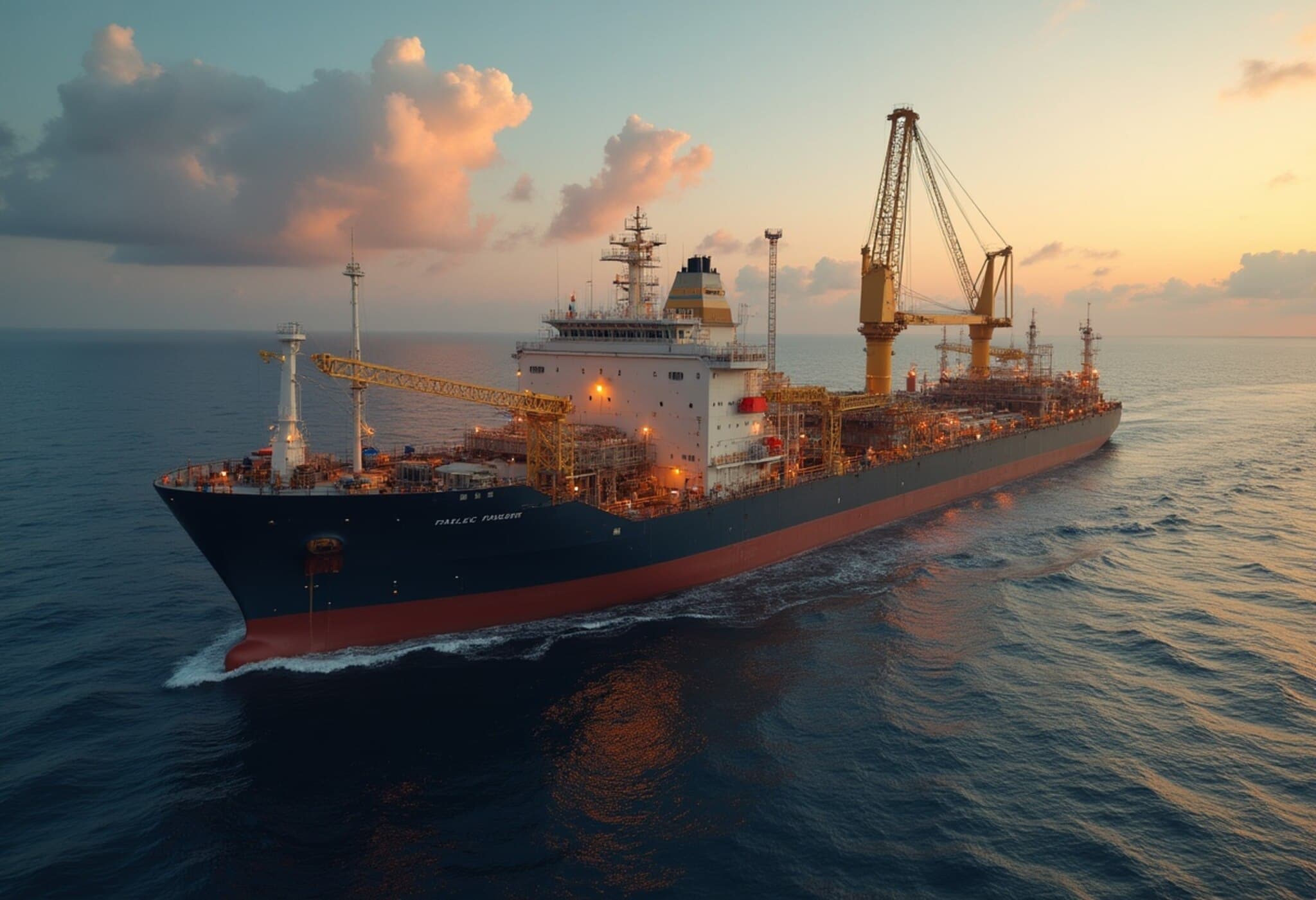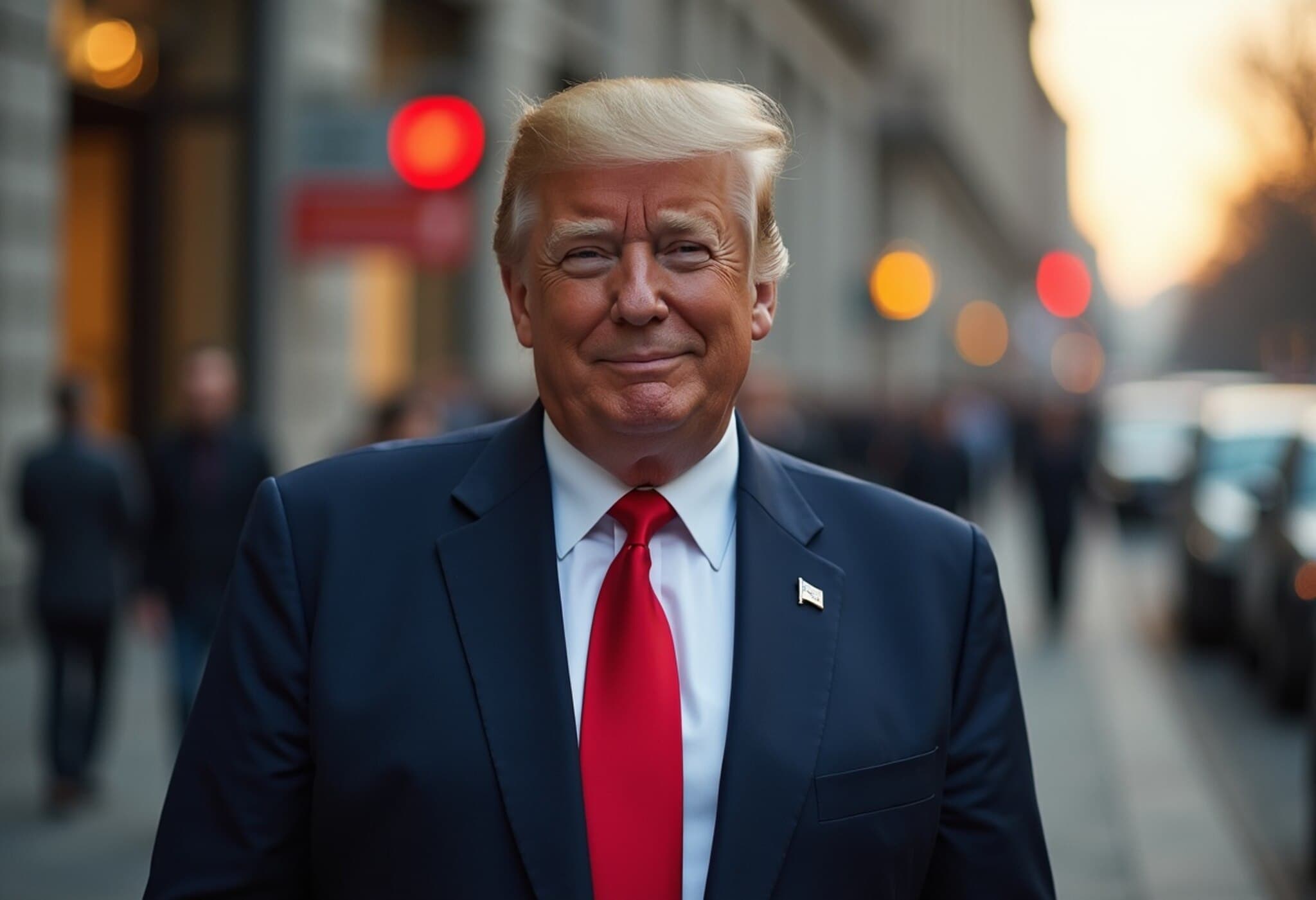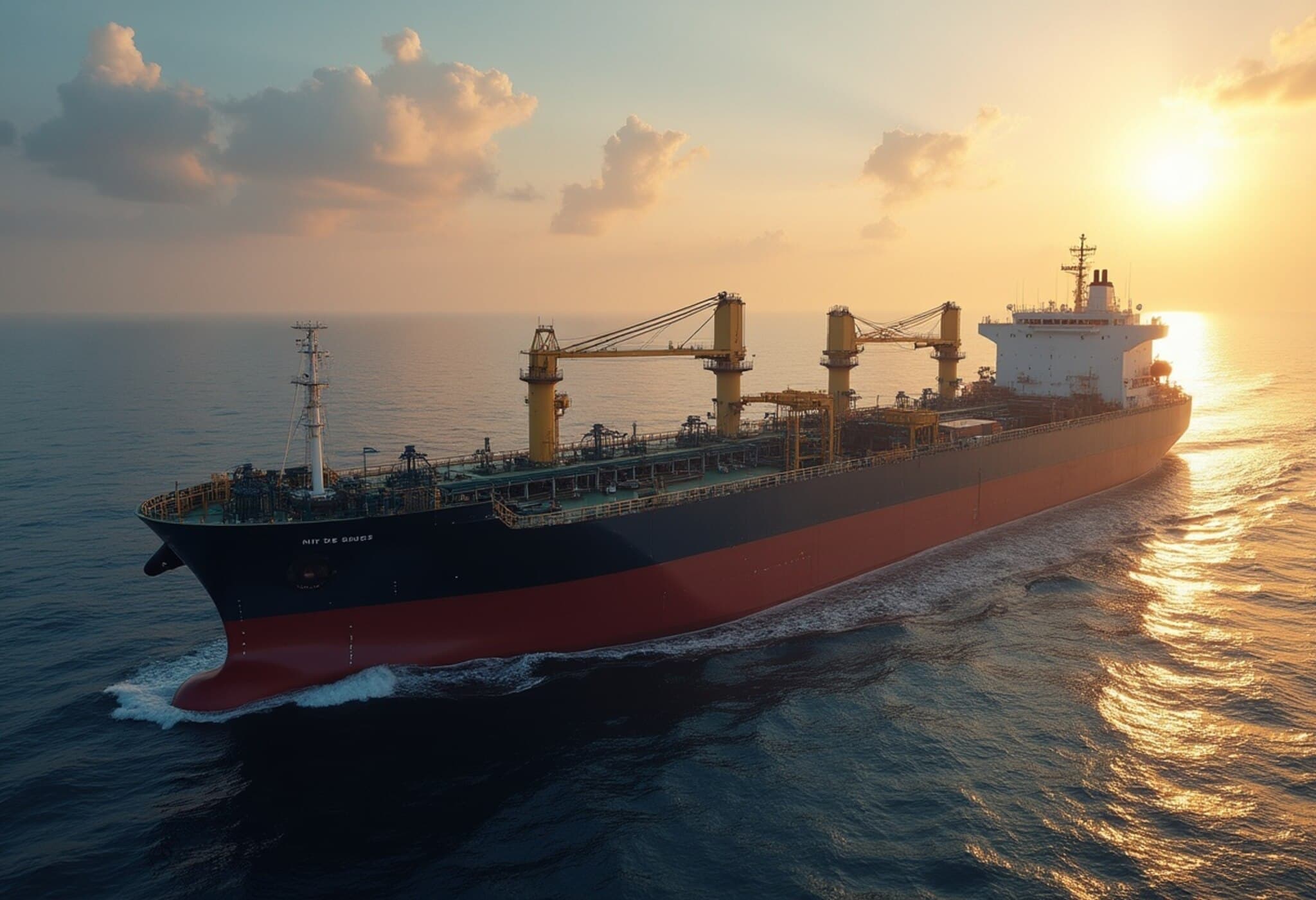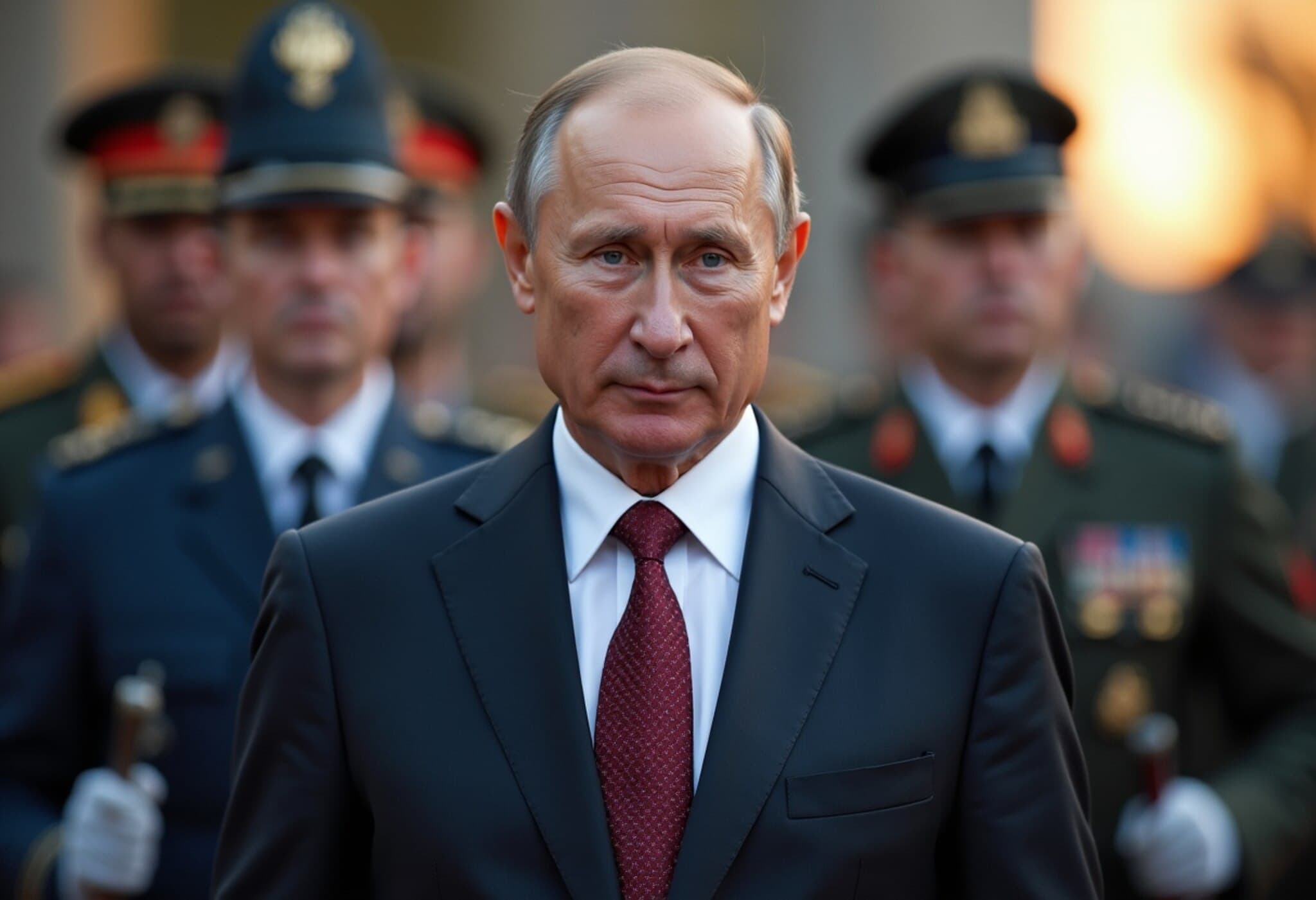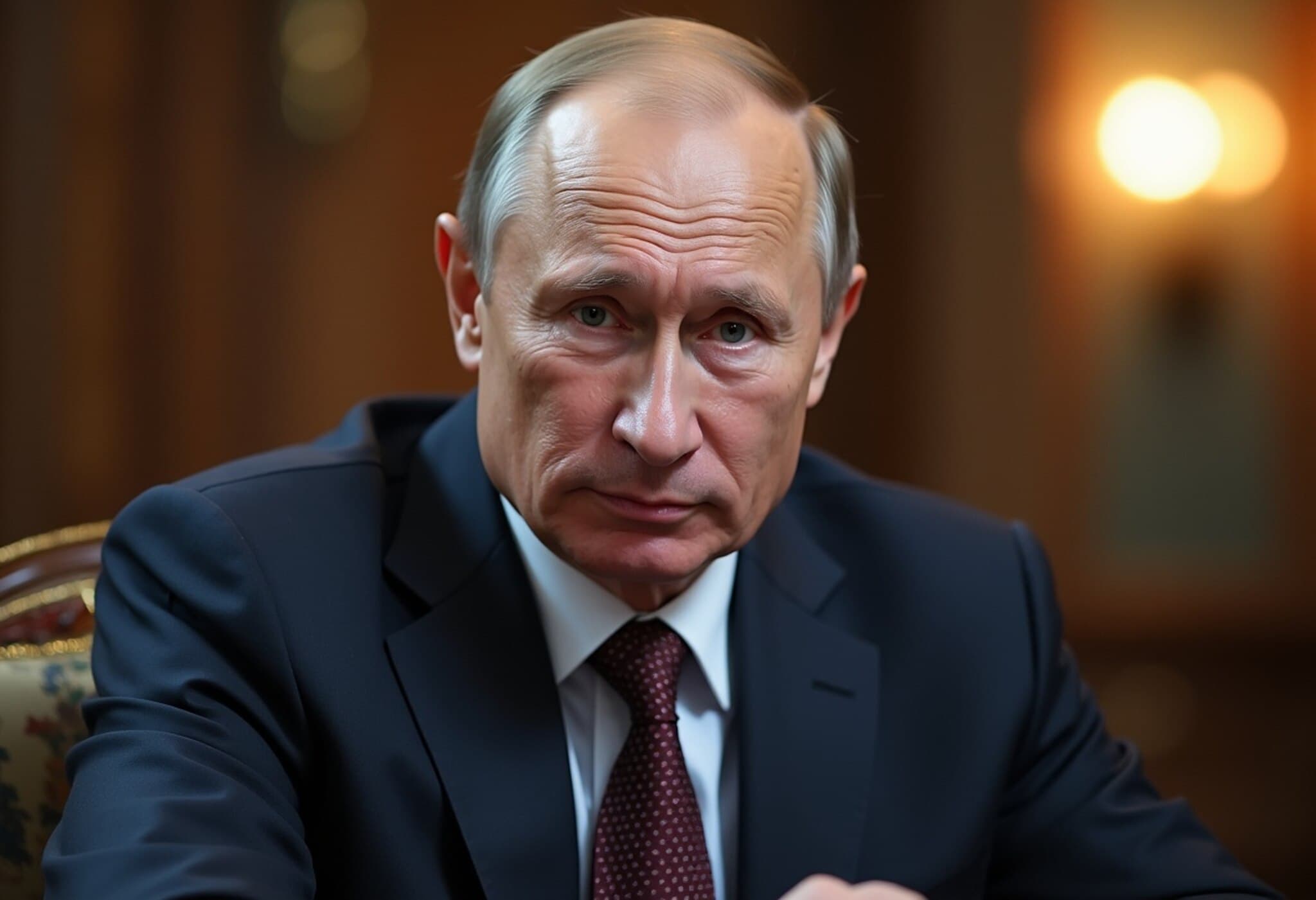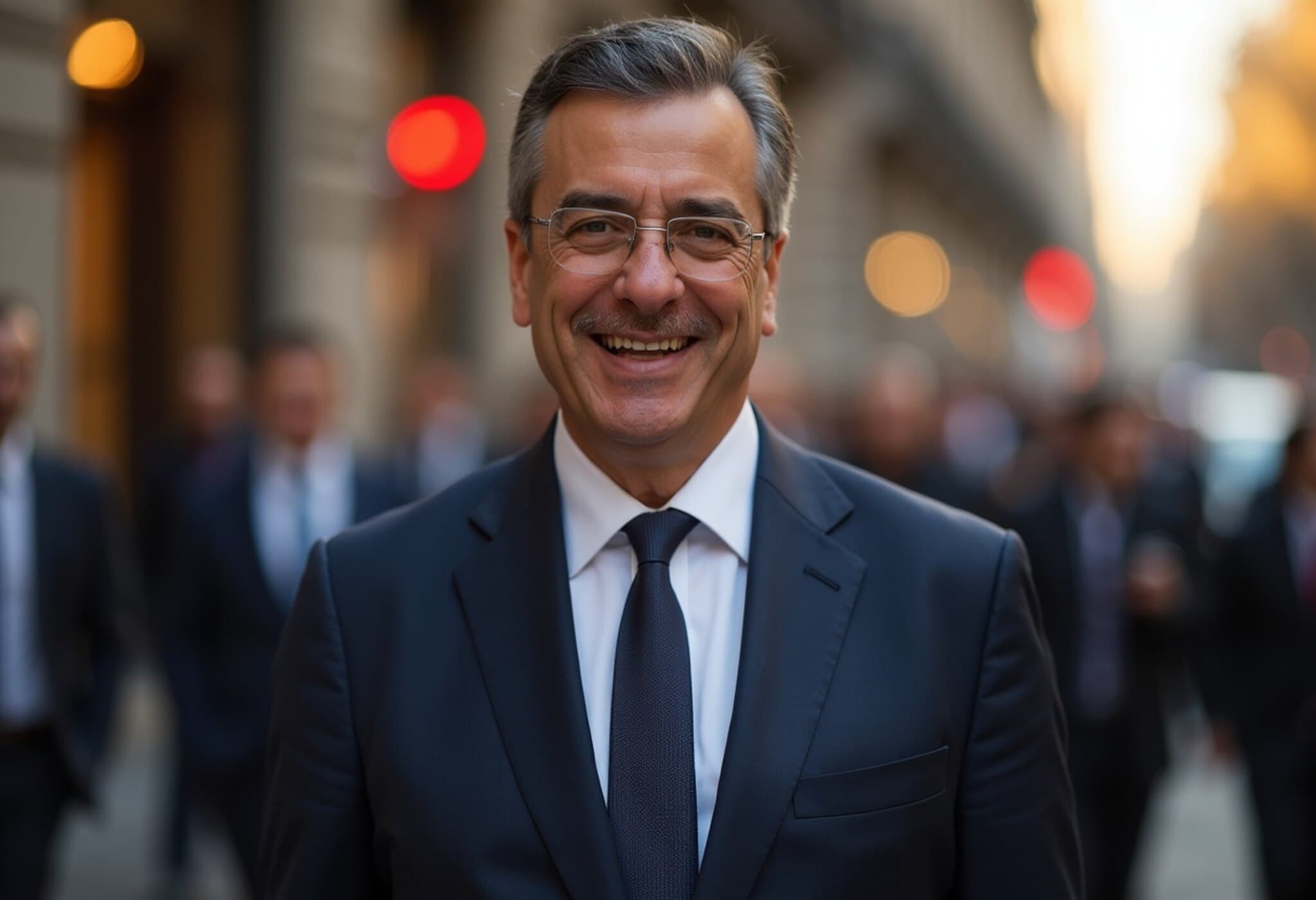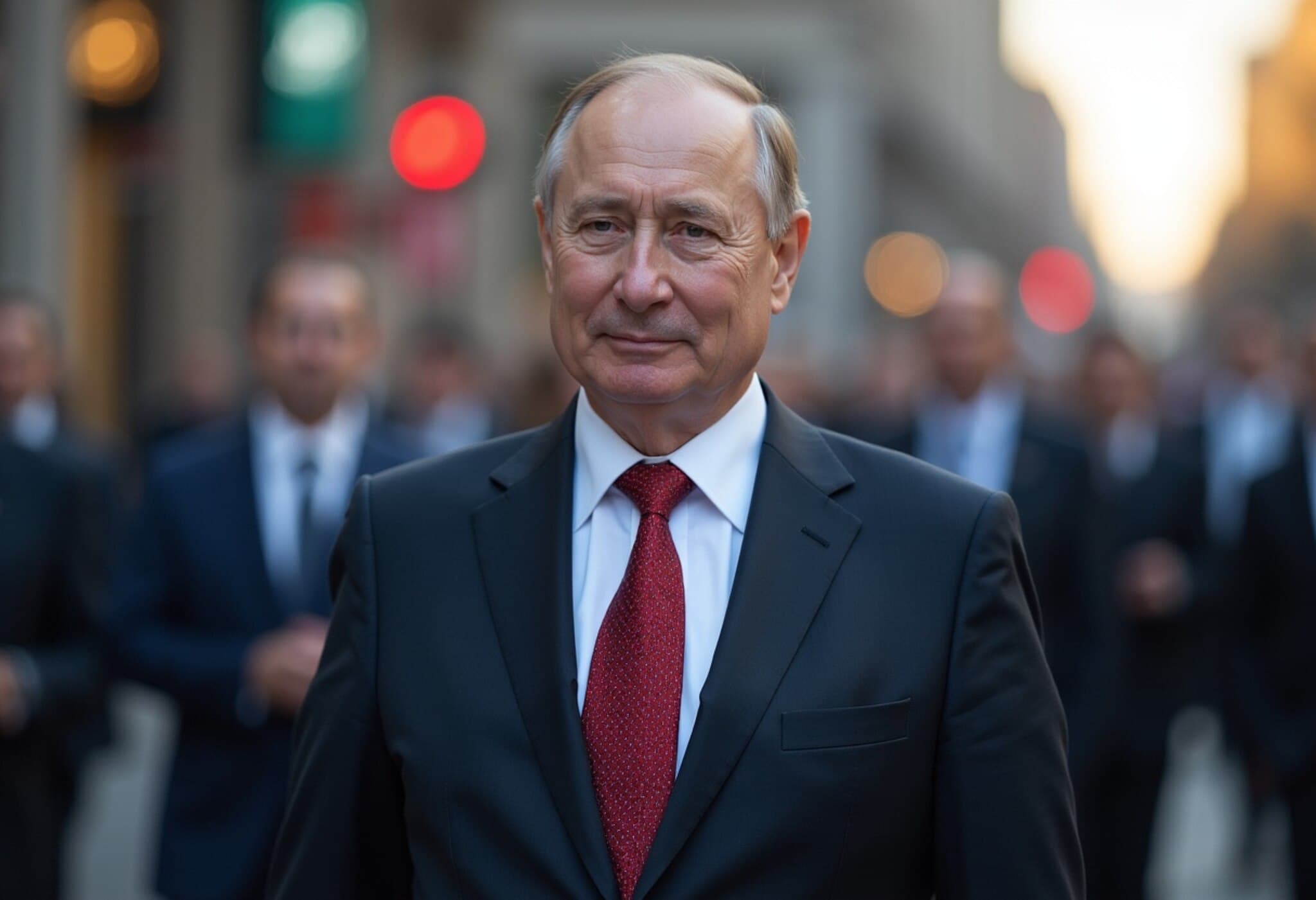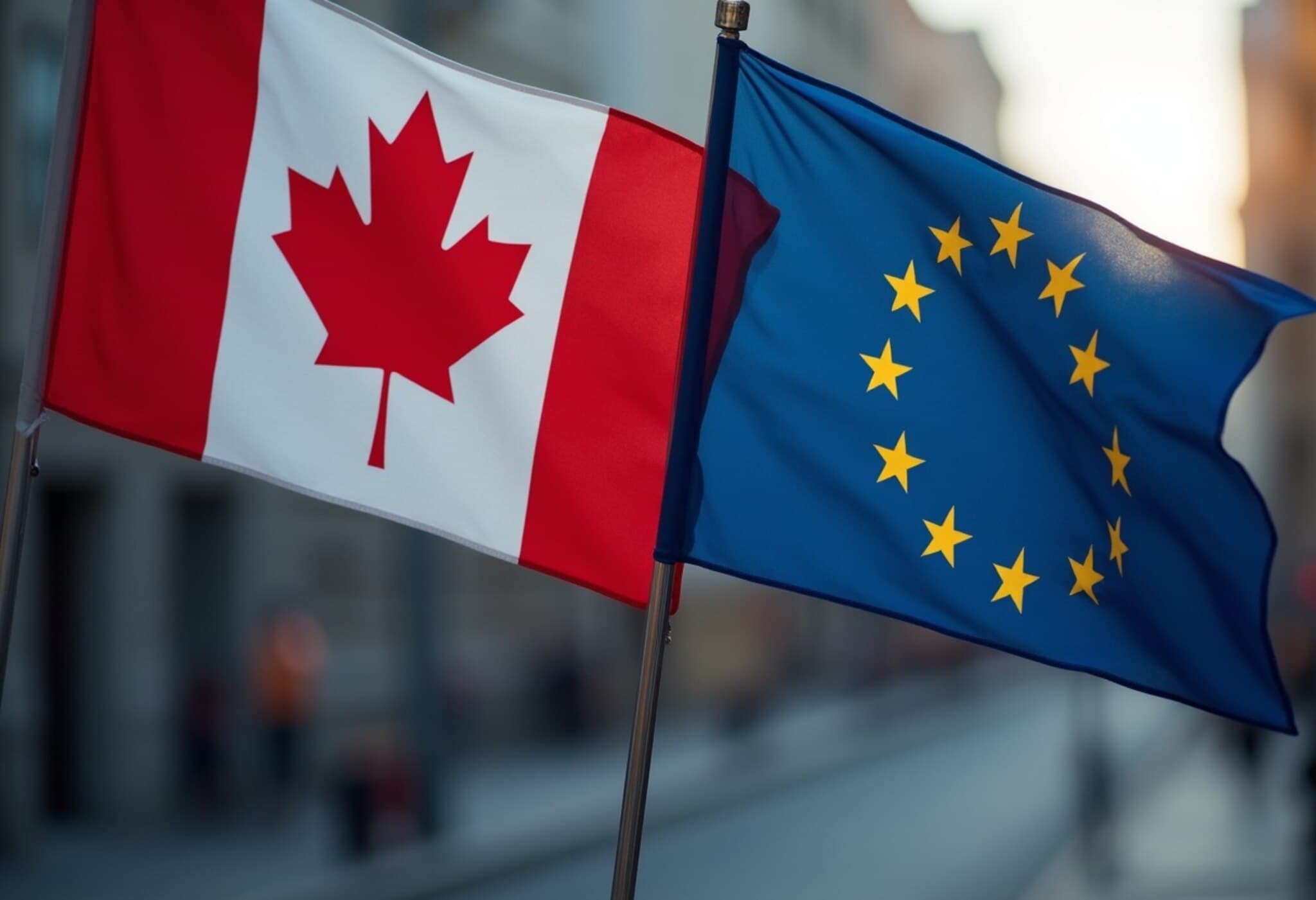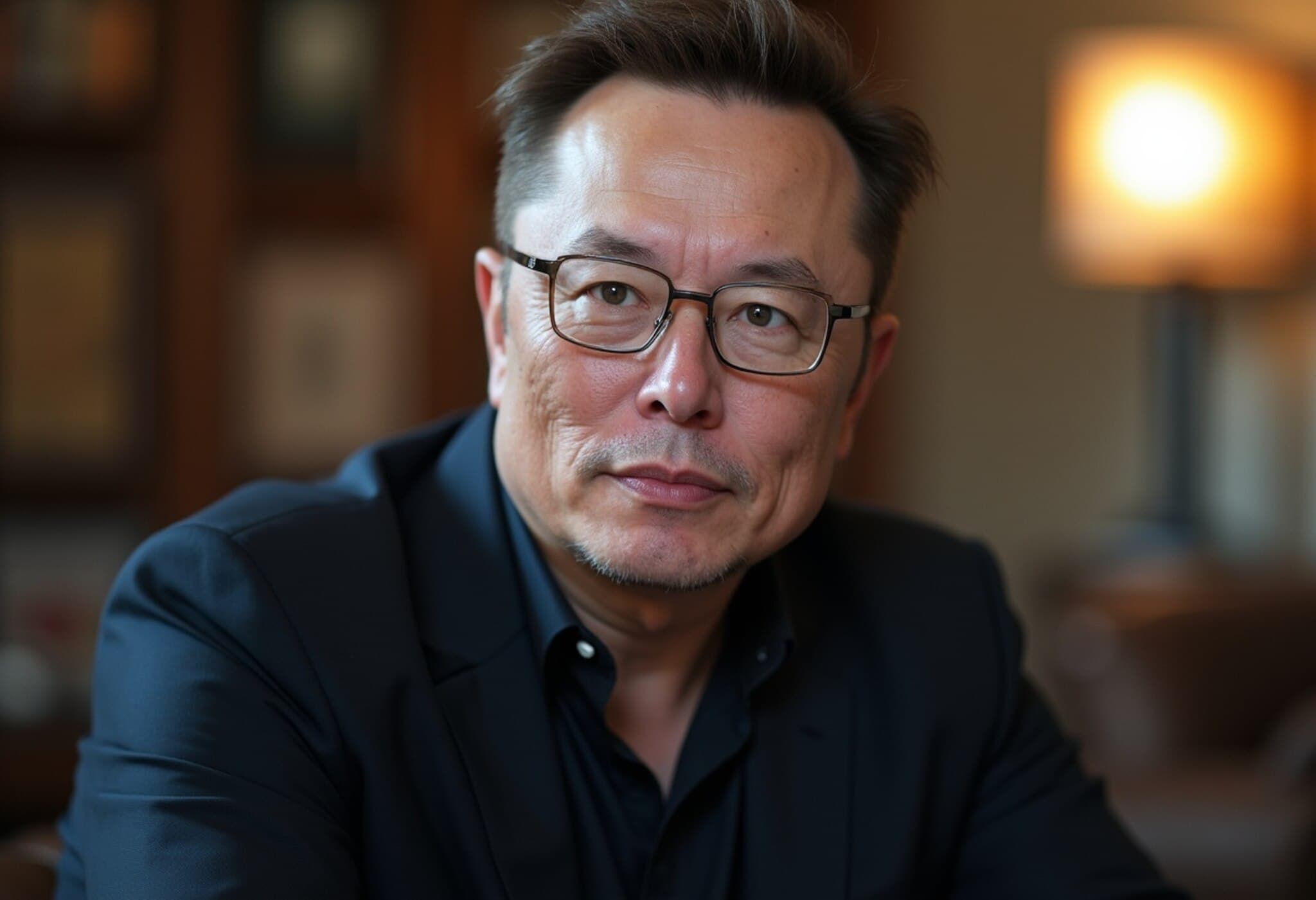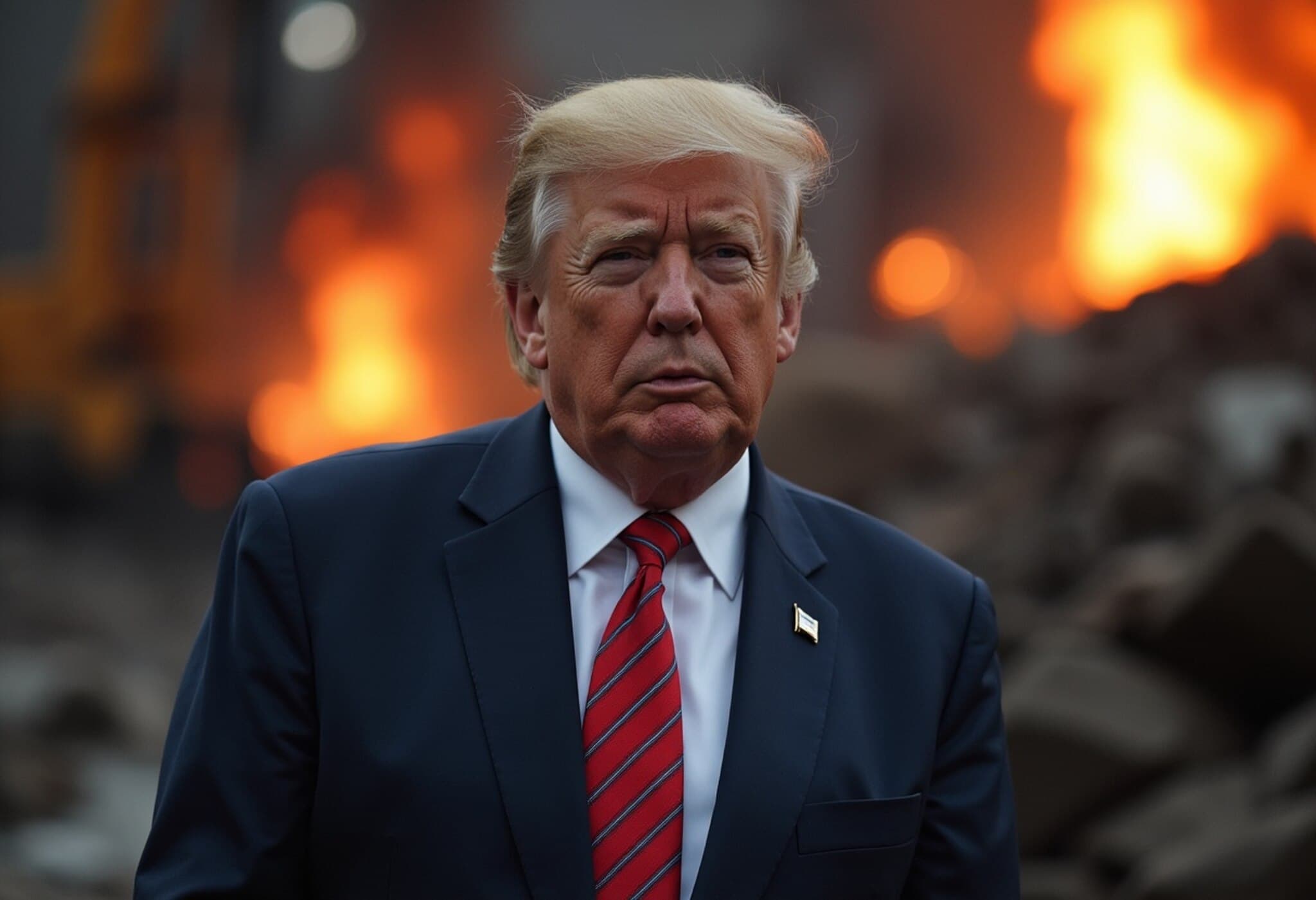NATO Chief Calls Out India Over Russian Oil Imports
In the ongoing geopolitical tug-of-war stemming from the Russia-Ukraine conflict, NATO Secretary General Mark Rutte has recently drawn sharp criticism toward India for its continued purchase of discounted Russian oil. While his remarks highlight concerns over the financial support India's energy imports indirectly provide to Russia’s war efforts, an often-overlooked facet complicates the narrative: European nations, many of which lead NATO's membership, are collectively funneling more money to Russia through energy imports than they are sending in aid to Ukraine.
The Contradiction at the Heart of Energy and Aid Flows
Since Russia’s invasion of Ukraine in early 2022, India has significantly increased its acquisition of Russian oil, capitalizing on discounted prices amid Western sanctions. This move has attracted rebuke from Western policymakers, who argue it undermines efforts to economically isolate Russia.
Mark Rutte cautioned, “If you live now in Beijing, or in Delhi, or are the president of Brazil, you might want to take a look into this, because this might hit you very hard. Please make the phone call to Vladimir Putin and tell him that he has to get serious about peace talks, because otherwise this will slam back on Brazil, on India and on China in a massive way.”
However, Europe's Role Remains Troubling
Despite highlighting India and China, NATO members in Europe continue to be major buyers of Russian energy. According to the Centre for Research on Energy and Clean Air (CREA), as of 2024:
- The European Union accounts for around 51% of global Russian liquefied natural gas (LNG) purchases and 37% of pipeline gas imports from Russia.
- Turkey, a NATO member bridging Europe and Asia, is the largest buyer of Russian oil products, purchasing approximately 26%.
Financial Flows Paint a Complex Picture
While Western media often zero in on India and China’s purchases of Russian fossil fuels, data reveals that the European Union’s monetary transactions with Russia for energy imports exceed its financial aid to Ukraine:
- In 2024, EU countries spent approximately €21.9 billion ($25.4 billion) on Russian oil and gas.
- Concurrently, they allocated around €18.7 billion ($21.69 billion) in aid to Ukraine.
Vaibhav Raghunandan, an analyst at CREA, emphatically stated, “Purchasing Russian fossil fuels is, quite plainly, akin to sending financial aid to the Kremlin and enabling its invasion. [It’s] a practice that must stop immediately to secure not just Ukraine’s future, but also Europe’s energy security.”
Since the outset of the conflict, total EU payments to Russia for energy – including oil, gas, and coal – are estimated between $215 billion and $235 billion, surpassing the collective $200 billion pledged and allocated in aid to Kyiv.
Why Europe’s Dependency Persists
The paradox of Europe’s energy purchases continues despite efforts to reduce reliance on Russian resources. The continent’s energy infrastructure, long intertwined with Russian supply chains, does not allow for a swift decoupling without significant economic and social disruption.
The European Union has set ambitious targets to end Russian oil imports by the end of 2027, followed by a complete phase-out of Russian gas by January 2028. Yet, these timelines confirm that the flow of funds to Russia from European energy payments will continue for several more years.
Implications for Policy and Public Perception
- Economic Realities vs. Political Rhetoric: The contrast between admonishing India and China while much of Europe remains heavily reliant on Russian energy underscores a complex challenge—balancing geopolitical objectives with economic and energy security realities.
- Energy Security as a Strategic Priority: Europe's gradual transition away from Russian supplies demands alternative sources, increased renewables, and energy efficiency—efforts crucial not only for geopolitical autonomy but also for climate goals.
- Questioning Western Narratives: Public discourse may benefit from a more nuanced view that acknowledges Europe's part in indirectly financing Russia’s military campaigns through energy dependencies.
Looking Ahead: What This Means for Global Diplomacy
As global powers wrestle over the ethics and consequences of continuing trade with Russia, it is vital to recognize that the financial support Russia receives is multifaceted. Isolating specific buyers without adjusting European policies risks overlooking the broader structural dependencies that sustain Russia’s war economy.
For policymakers, the urgent task lies in synchronizing diplomatic pressure with tangible action on energy diversification and fair contributions to Ukraine’s defence and reconstruction.
Editor’s Note:
This evolving dynamic between energy imports and military aid presents a challenging paradox. How can Europe reconcile its energy needs with its commitments to Ukrainian sovereignty? And how do countries like India navigate strategic interests amid global expectations? These questions invite a deeper reflection on international responsibility, economic interdependence, and the pathways toward sustainable peace.


